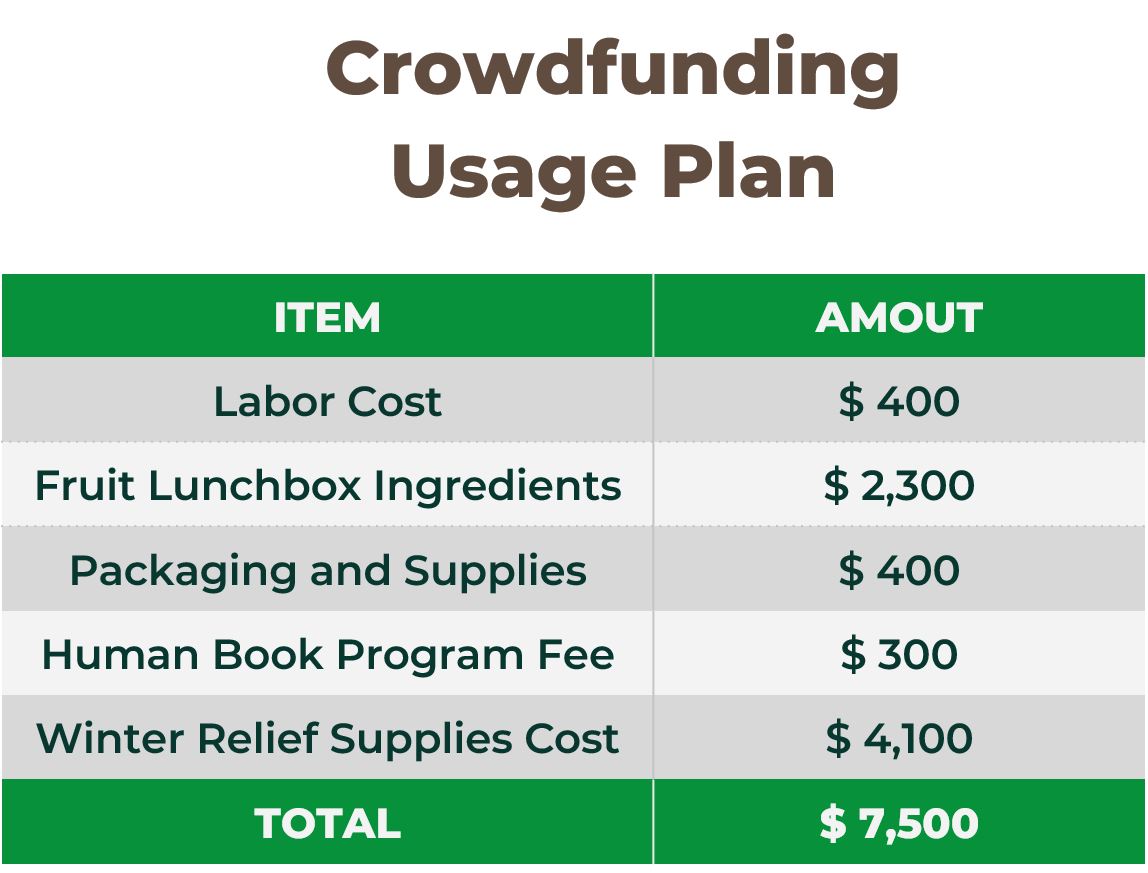
In 2008, Esther left her hometown of Hamhung and settled in Seoul, South Korea. After enduring the pain of being repatriated once, she arrived in a city that felt like a distant, unwelcoming place. Even after becoming a South Korean citizen, she couldn’t escape the feeling of being an outsider, torn between two identities.
“Living in Seoul felt like riding a time machine into the future—it wasn’t easy. Even though I was a South Korean citizen, I always felt like an outsider just because I came from the North. One day, I suddenly asked myself, ‘Why do I have to live as a North Korean defector in South Korea?’ And then I found my answer: ‘Live as someone preparing for a unified Korea.’ My first step was serving others.”

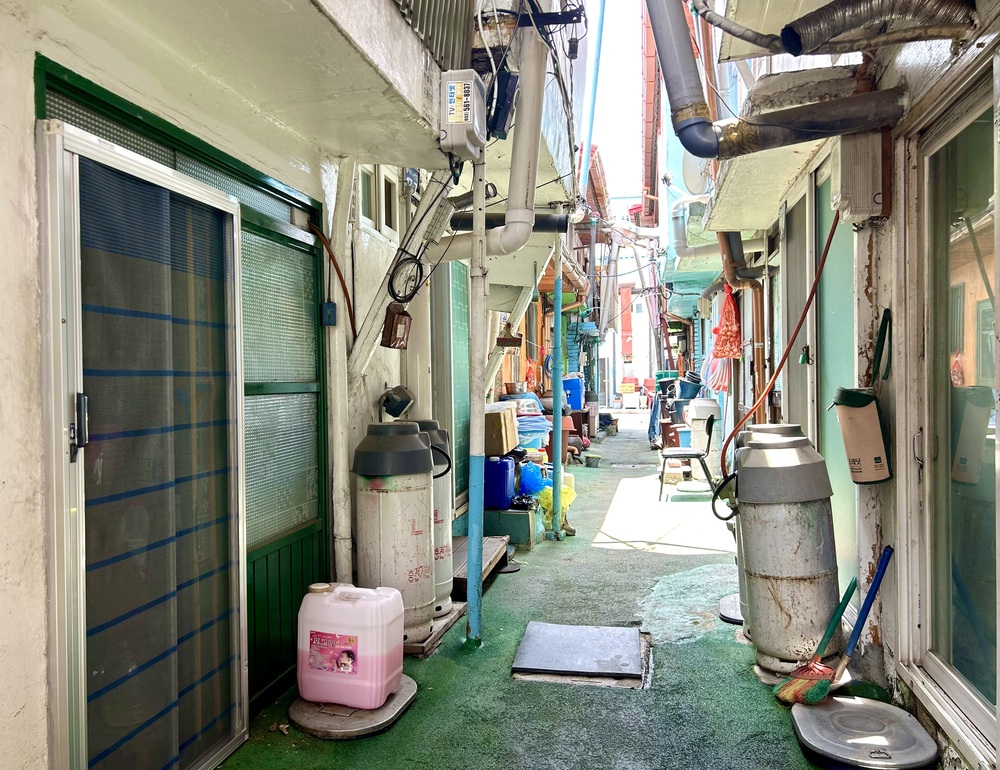
© Source
While volunteering in the Seoul Station shantytown, Esther came to a realization that her loneliness wasn’t hers alone. Just as North Korean defectors often feel like outsiders in South Korean society, the elderly living alone there were also enduring a similar kind of isolation, forgotten by the world around them.
"North Korean defectors suffer from serious social isolation, including lonely deaths, psychological instability, and high suicide rates. The situation is no different for the elderly living in the shantytowns. Many are emotionally cut off and financially unable to afford even basic nutrition like fruit. I realized that existing welfare services alone are not enough to care for both the mind and body. Both North Korean defectors and the elderly urgently need emotional and nutritional support to live with dignity."

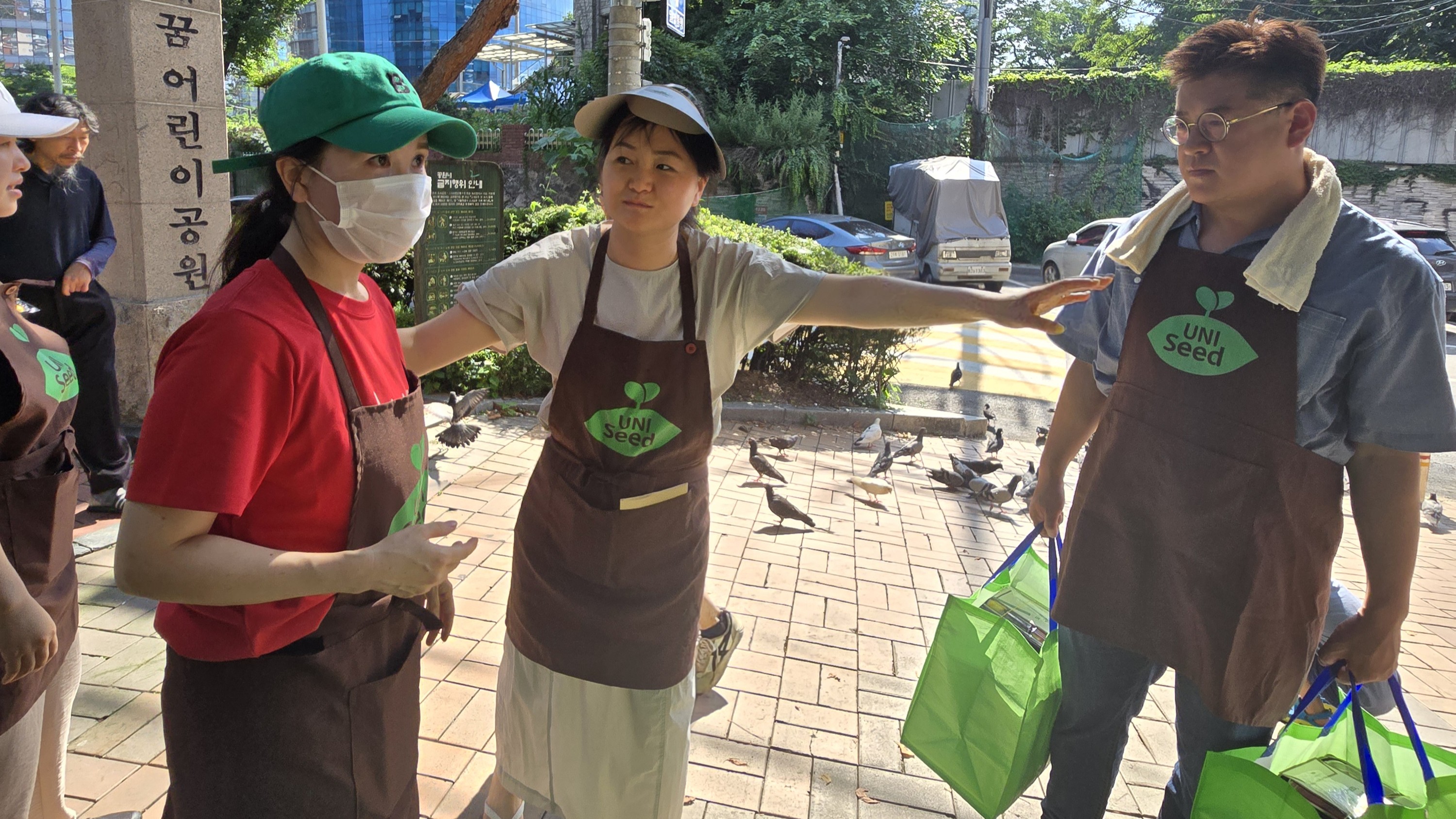
In 2014, Esther and three fellow North Korean defectors began sharing homemade North Korean-style lunchboxes with homeless individuals near Seoul Station. What started as a small act of kindness has since grown into a regular volunteer effort, where residents from both North and South Korea come together to deliver fruit lunchboxes to elderly neighbors in the shantytown.
“Through volunteering, I saw how people from both North and South Korea could work together for the common good. In sharing our lives and stories, we began to recognize both our similarities and differences. I believed this kind of connection could help break down the prejudice and discrimination that still exist in our society, so I started Uniseed.”

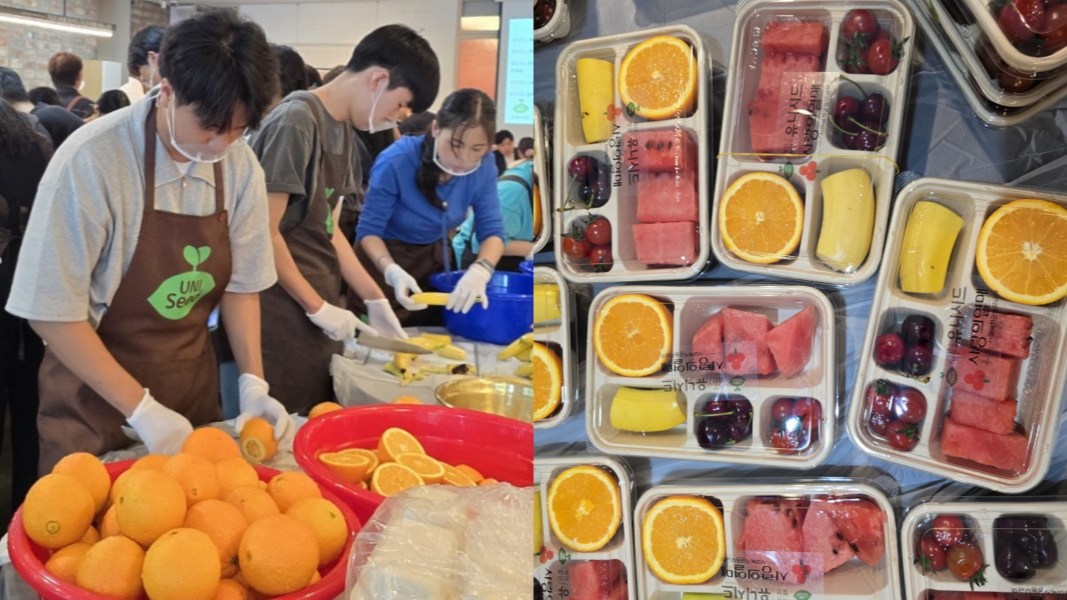
The core of Uniseed’s work lies in “sharing and dialogue.” These two values not only represent the most peaceful path toward reunification but also serve as meaningful steps in preparing for true human connection between North and South Koreans after unification. Uniseed runs the “Warmhearted Lunchbox Sharing” program, where residents from both North and South Korea come together to deliver fruit lunchboxes to elderly neighbors in the Seoul Station shantytown who suffer from vitamin deficiencies. Once a month, we prepare 200 to 300 fruit lunchboxes. This initiative has now continued for 11 years, involving over 1,000 volunteers and distributing more than 20,000 lunchboxes in total.
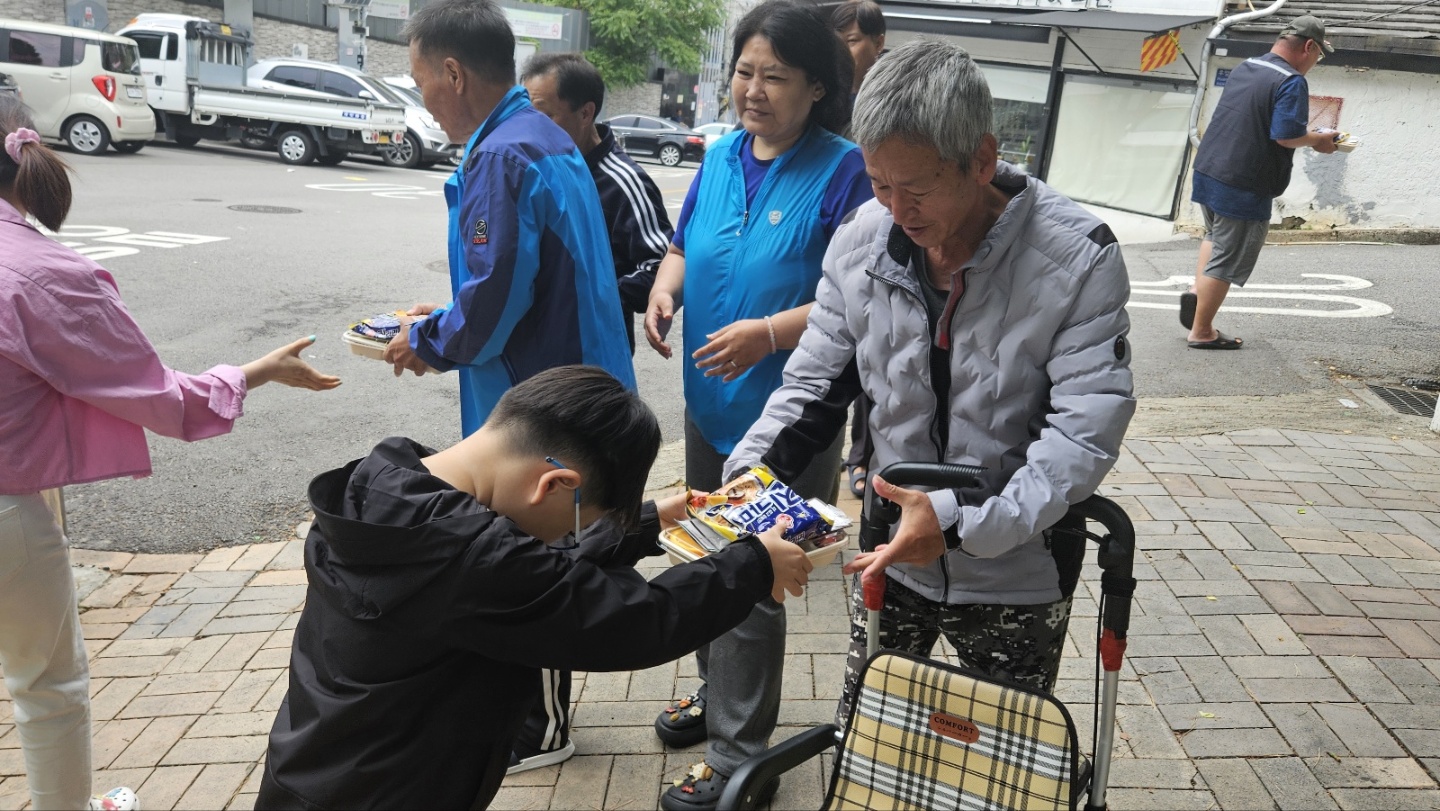
After delivering the lunchboxes, the “Human Book” program begins. In this space, North Korean defectors share their personal stories and invite others to taste traditional North Korean food. Through these moments of exchange, both North and South Korean participants come to understand each other’s similarities and differences, naturally breaking down prejudice and stereotypes.
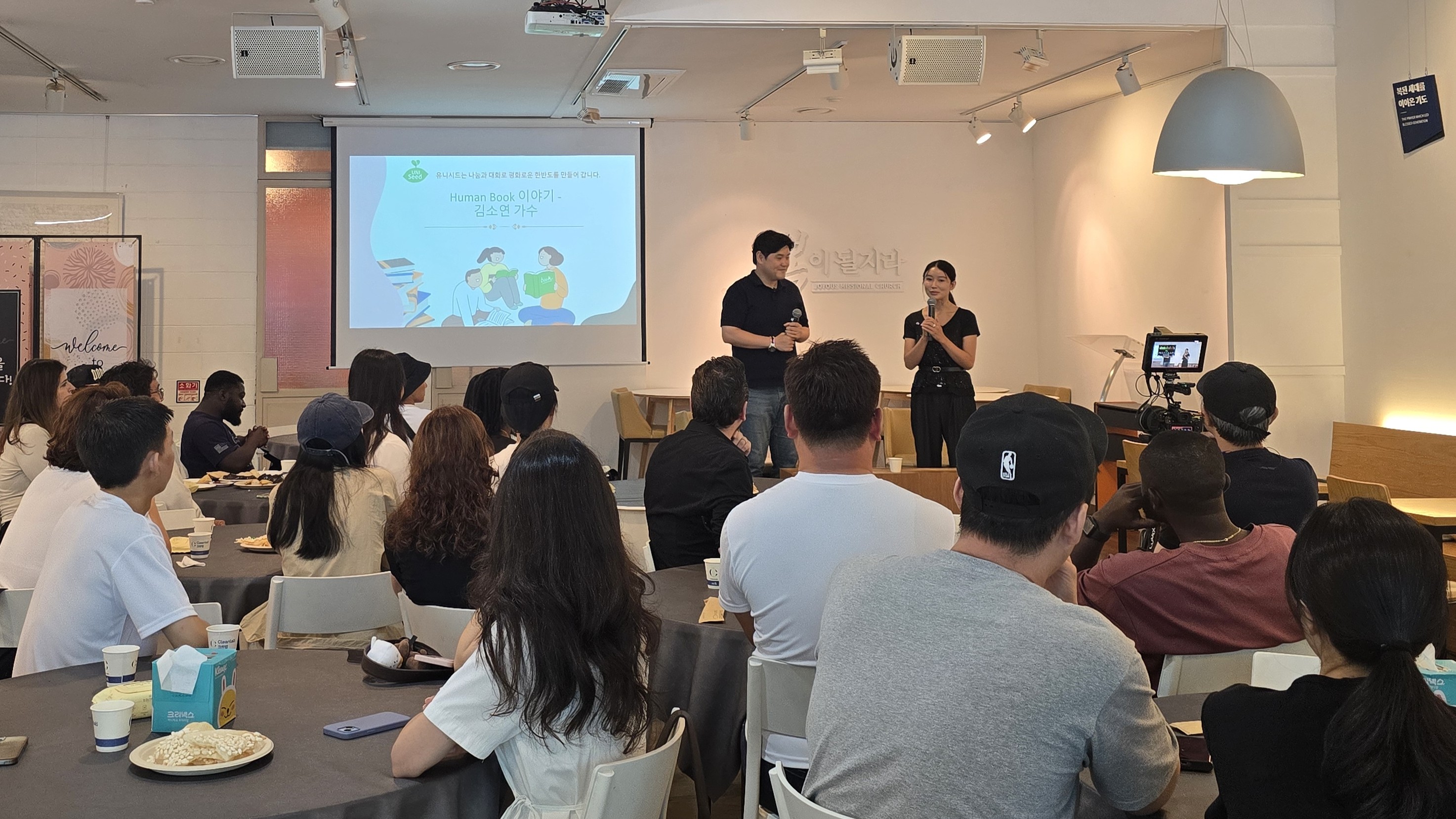
“The true meaning of Uniseed’s work lies in how it brings together people from both North and South Korea through volunteer service. North Korean defectors gain confidence by realizing they, too, can help others — and South Koreans begin to understand them more deeply. Each fruit lunchbox we deliver carries our care, and through sitting down and sharing stories, we come to see that we’re not so different after all. These moments have built my conviction that sharing and conversation are the most peaceful path toward reunification.”

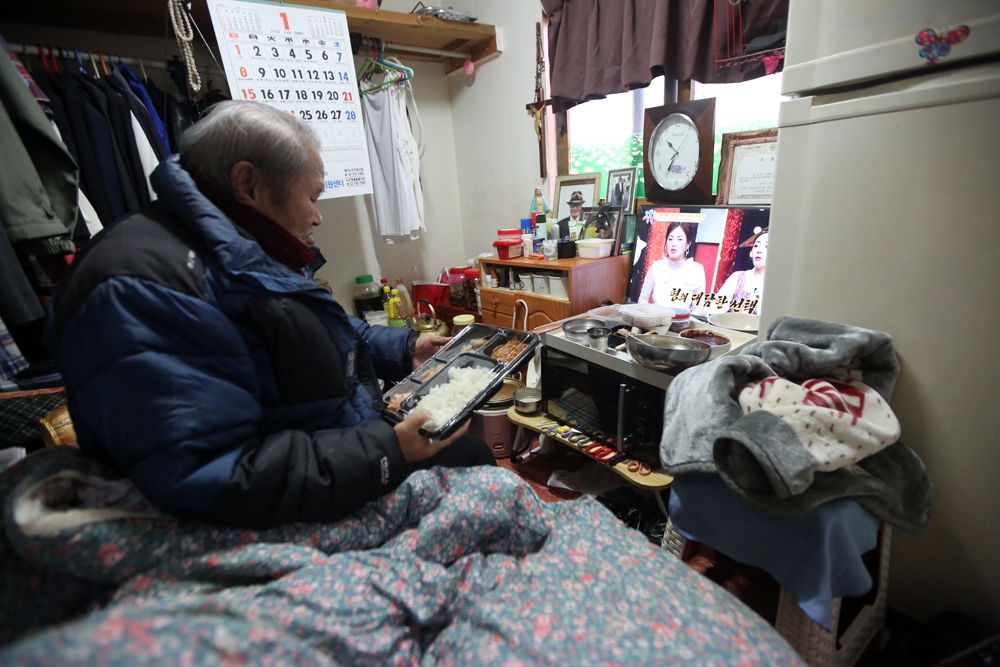
© Source
For elderly residents and vulnerable neighbors in the Seoul Station shantytown, winter is the most feared season. Without proper heating or nutrition, they are left exposed to the dangers of hypothermia and illness. This winter, Uniseed aims to support 200 households with warmth and care — through a comprehensive winter support program that includes essential winter supplies, nutritious fruit lunchboxes, and emotional connection through our Human Book storytelling sessions.

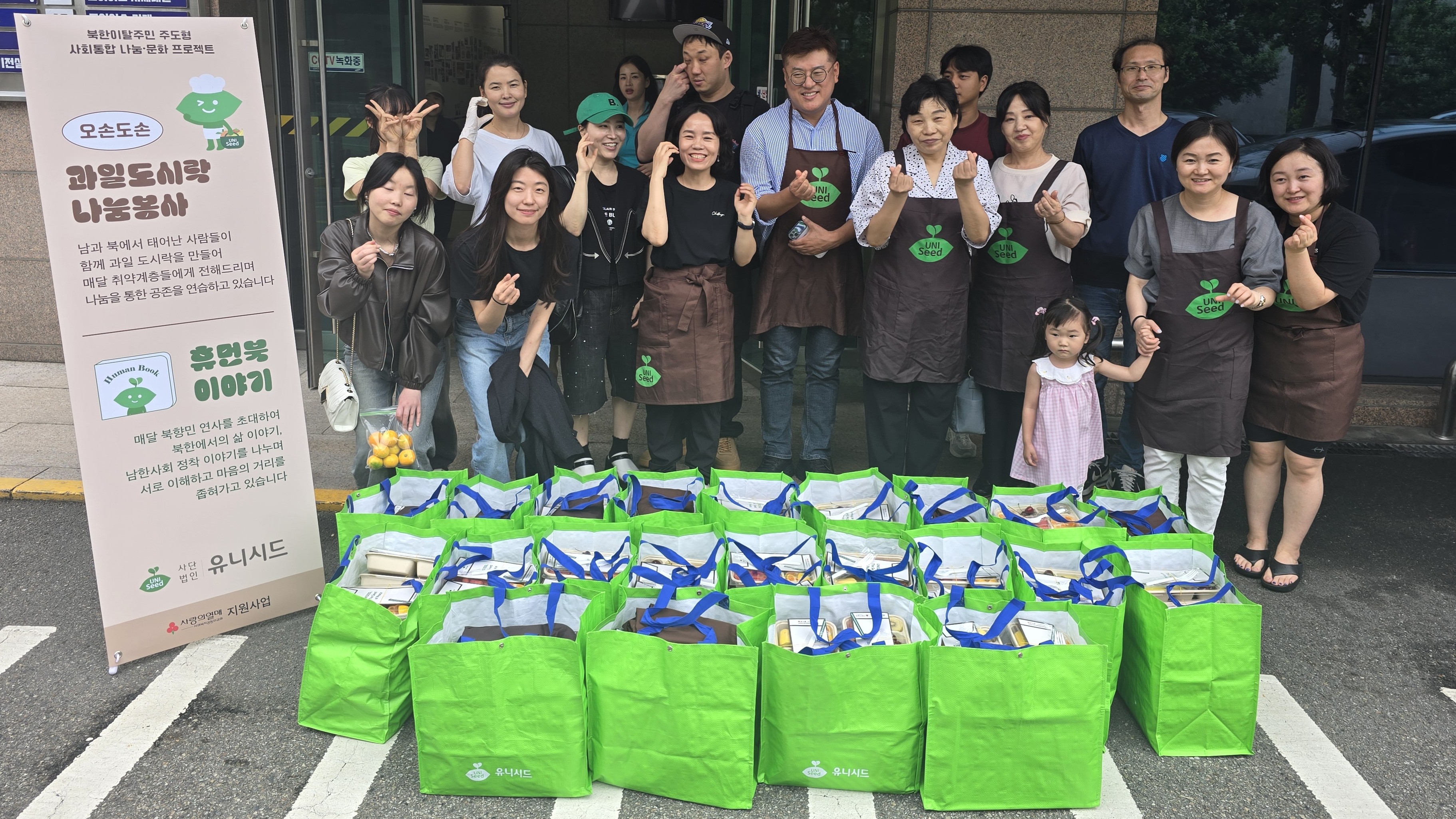
Uniseed’s ultimate goal is “people-centered unification.” Before institutions or policies, we believe true unification begins with people meeting people — opening their hearts and sharing their lives. In 15 years, we hope Uniseed will grow into a strong community that helps build a peaceful Korean Peninsula where North and South coexist without discrimination. By embracing both our similarities and differences, we aim to become a beacon of hope for lasting peace.
“One day, we dream of a peaceful Korea — free of separated families and the threat of war — where people can move freely between North and South and live happily together. Your generous support goes beyond just delivering winter supplies and fruit lunchboxes; it plants the seeds for a society where North Korean defectors and marginalized neighbors care for one another and grow together. This winter, join us in planting seeds of peace and love on the Korean Peninsula through your impact giving.”
